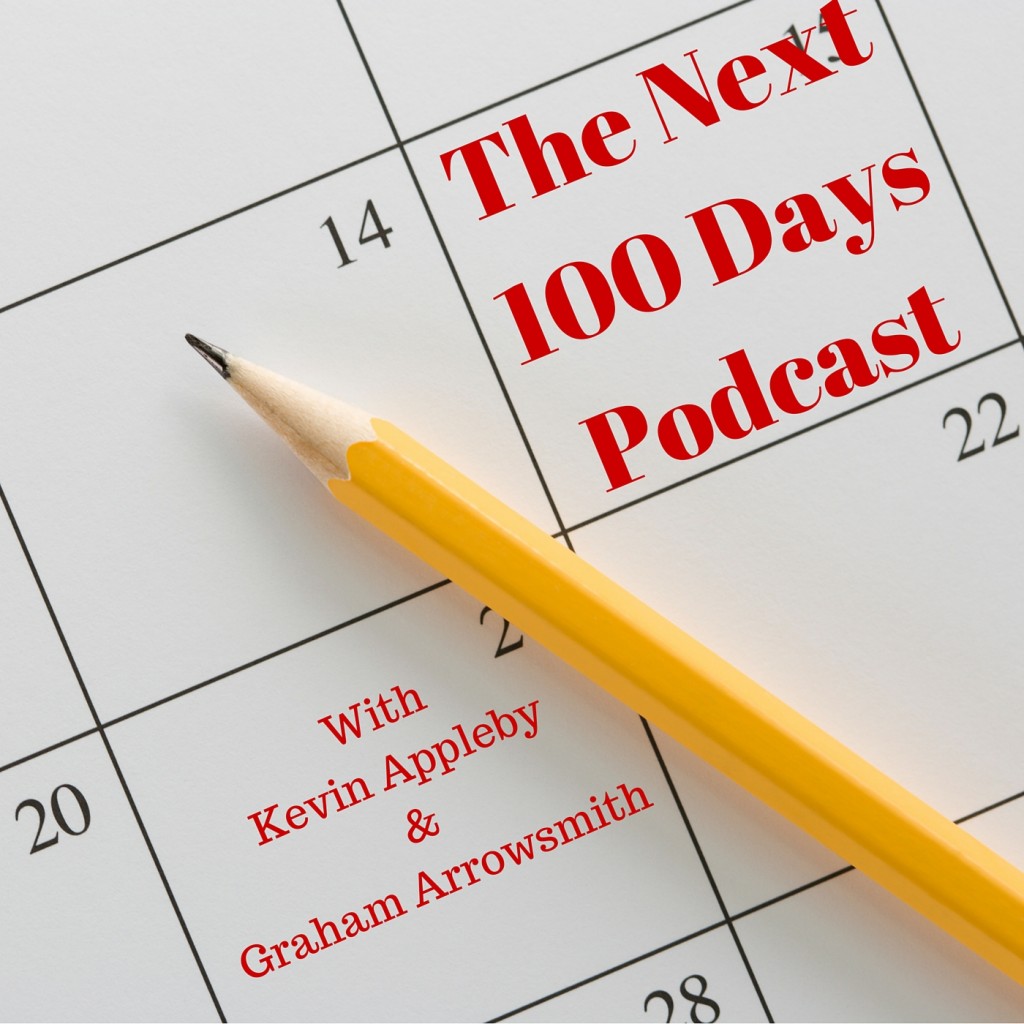Systemology with David Jenyns
Today we’re speaking systemology with David, from Melbourne.
They’ve actually just gone back into lockdown as this podcast is recorded. Really unique times!

Systemology
David is an expert of systems. He works with a very specific problem for a very specific person. The person is business owners who are trapped inside that business with 15-25 staff, where they are the bottle neck. All business flows through them.
That needs to happen as your business gets off the ground. But you have to get out of that habit for the business to grow. That’s where David helps!
Often the business owner is the technician. Because they start doing that, they get used to doing that. They train the staff to channel all their questions through them.
How do you break that pattern?
You need to get to a certain size before implementing systems. Systemisation is about bottling what’s already working so you already need momentum and team members around you.
There’s no point systemising if it’s just you or one other person. You’re not going to get any leverage from those systems.
Identify the mission-critical systems. For example, the top 20% of tasks that give 80% of the result. Then empower your team on the development of those systems and documentation.
Tip: split the systems creation into a two-person role. The person with the knowledge. The person who does the documentation. That gets you on the path.
Step 1 is to capture what you’re doing. Record your screen doing a task. Capture what the best person is doing and bring all your staff up to that standard. That alone can get you wins. Don’t over-optimise or streamline first. There will be obvious tweaks but if you start to deviate too much by streamlining (etc), you forget getting a baseline down.
Getting systems in place
People support their creations. So if you get staff members involved early on with system creation, the likelihood they use it skyrocket.
When people think about systemisation, people think McDonalds because they are the King of systems in business. But David isn’t making systems that require no thought for those using them. He likes the idea of people using intelligent thought to create and use good systems. He uses frameworks so people have room to think.
A good system and process should show them how to win and gives them some guidelines how to complete a task. But it will depend on that task – the level of detail you need to do it, the person you’re recruiting, etc.
A little business activity…
How do you find your business’ individual systems sweet spot?
The goal should be that you’re not key person-dependant enough so that anyone can go on holiday for at least a month and come back and still have their tasks move forward.
Get the business systemised to the point where AT LEAST the core product or service can be delivered. And, someone can go away and the business can still operate well.
When do people come to you?
Different people have different catalysts.
For example, some people want to sell their businesses and realise they don’t have anything to sell because they are the business; people who have been in business a long time and are burnt out; younger companies more in the start-up but are keen to scale. So many reasons!
Systemology: the book
David is publishing a book in August about the system to systemise a business: SYSTEMology. Keep an eye out for it.
Where can you find this when it comes out?
You can follow this link give you all the links to find the book. Or, jump on Amazon and you can find the hardcover, the kindle version and the audiobook.
Taking inspiration from the Brooklyn Bridge Guy
David is a great believer in modelling what’s already working from other people, digging down to the steps taken and implementing them with your own spin on them.
Everything in business can be linked to systems. So when you know that’s the aim of the game, you can think about what is the best system for (for example) recruitment. You can take those systems from different businesses you’ve been involved in and drop them in. Why not?!
So, what a brilliant and informative podcast. If you want to know what David’s up to, you can follow the link to his website here.
If you want to find out more about Graham, follow this link.
And lastly (but not at all least!), you can contact Kevin by following through to his page here.




